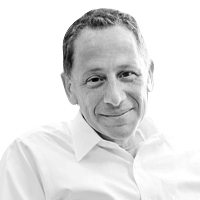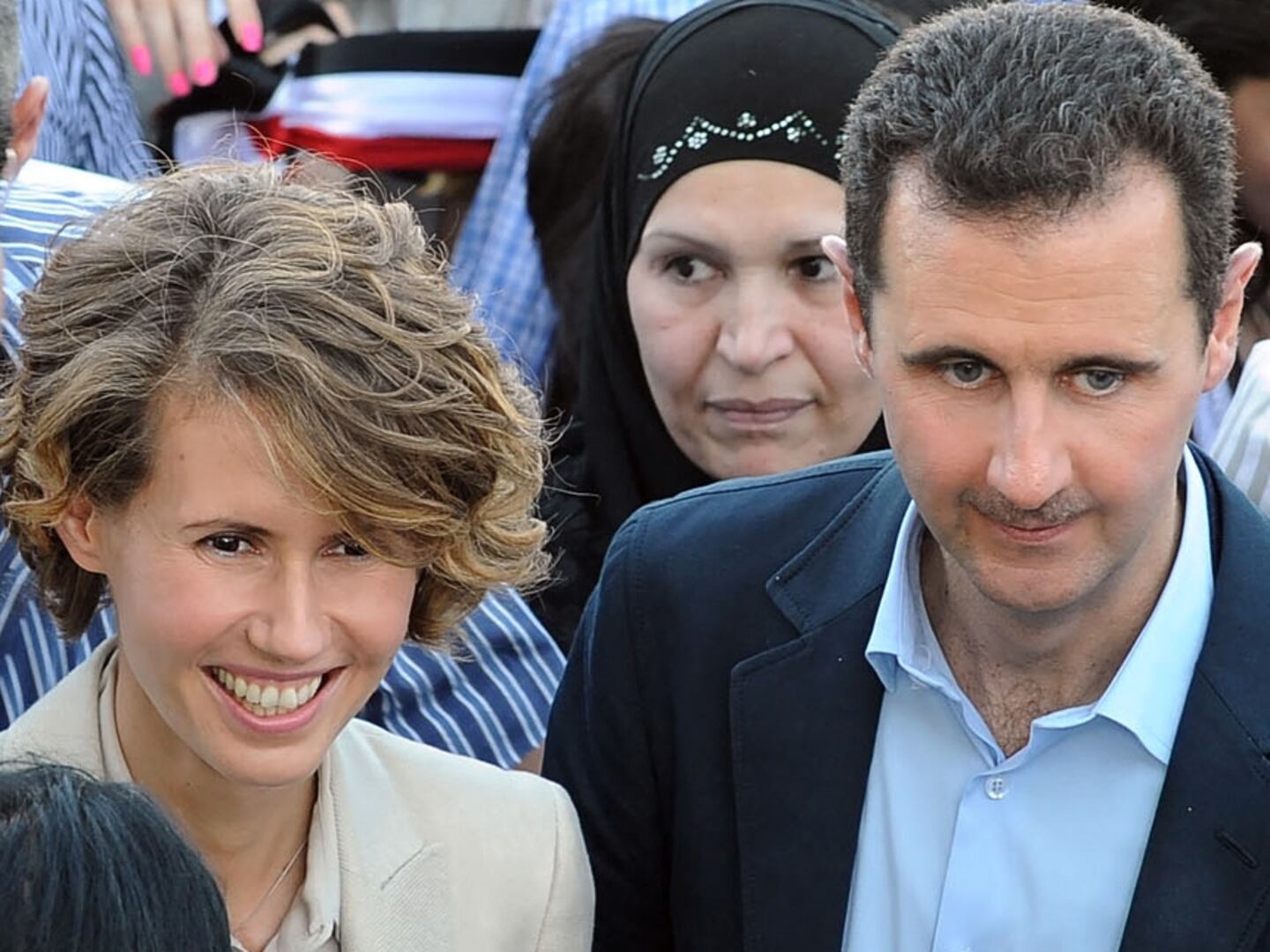Opinion
Illustration by Elizabeth Brockway/The Daily Beast
In This Brutal, Divisive Election Year, Choose Optimism
GREATEST OF AMERICA
The late Bernard Schwartz led an extraordinary, patriotic life. His unfailing optimism reminds us why he saw Joe Biden as a kindred spirit.
opinion





